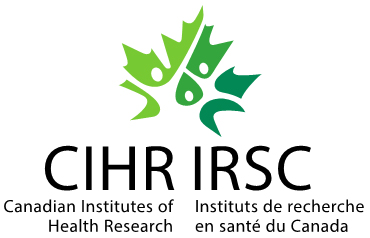There are no known medical risks to completing the stool sample collection and memory tests.
There are some risks in undergoing an MRI: The magnetic effect of the MRI on implanted devices. The MRI could cause any metal in your body to heat up. This is because the MRI machine uses strong magnets in order to collect the scans. Every effort will be made to eliminate this risk, by asking you ahead of time about any devices or injuries from metal objects, and not running the test if you have anything in your body that will be affected by the machine.
























